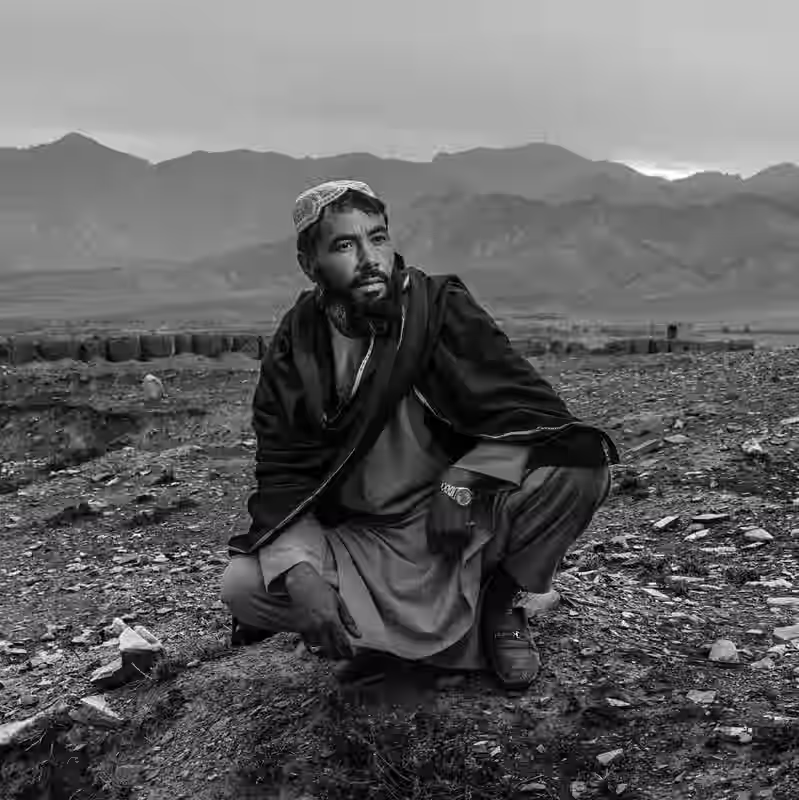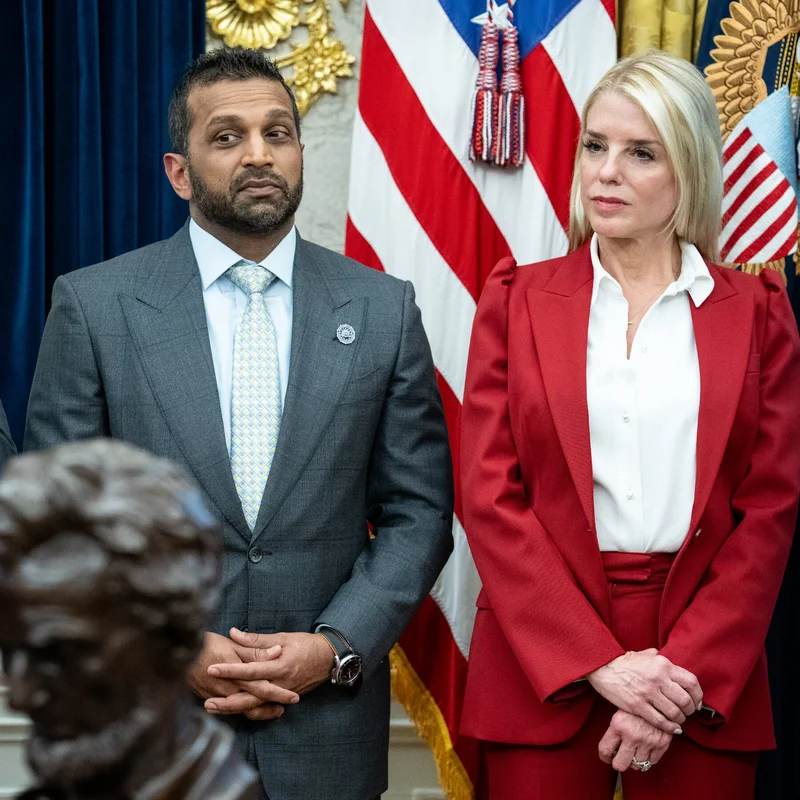Exclusive Investigation Uncovers Evidence of a Covert Killing Spree in Afghanistan
In the fall of 2012, a U.S. Army Green Beret team stationed in Nerkh, Afghanistan, suffered a devastating blow: one of their most experienced soldiers was nearly killed in a Taliban ambush. What followed, according to eyewitnesses, military records, and Afghan collaborators, was a chilling descent into vigilantism—culminating in the execution of at least nine suspected insurgents without trial, legal process, or accountability.

What Happened in Nerkh?
Located just an hour from Kabul in Wardak Province, Nerkh was a volatile farming district rife with insurgent activity. After the near-fatal attack on their comrade, members of Bravo Company, 3rd Special Forces Group, began conducting aggressive raids—often bypassing Afghan authorities they distrusted.
Zikria, an Afghan interpreter working with the unit, told investigators that Green Berets took custody of suspects like Sayid Mohammad—accused of bomb-making—and brought them to their base. “There was no trust in the courts,” Zikria said. “So we were doing everything in the mountains.”
Within weeks, nine bodies were discovered near the outpost. Local witnesses and Afghan staff allege the men were executed by U.S. personnel or their proxies, then left in the open as a warning.
Key Evidence from the Investigation
| Element | Details |
|---|---|
| Date of Incident | November 2012 |
| Location | Nerkh District, Wardak Province, Afghanistan |
| Unit Involved | Bravo Company, 1st Battalion, 3rd Special Forces Group |
| Reported Victims | At least 9 Afghan men, labeled as insurgents |
| Trigger Event | Near-fatal ambush on a senior Green Beret operator |
| Official U.S. Response | Case largely classified; no public courts-martial |
A Culture of Impunity?
Internal military documents reveal contradictions in the unit’s official accounts. While commanders claimed Afghan militias acted independently, text messages and Facebook chats from soldiers suggest close coordination—and even pride in their actions.
One soldier wrote to his girlfriend: “He has fought with me for years. He saved Jeff’s life… all this just in the three months we were here”—referring to Zikria, who later appeared on a U.S. military “BOLO” (Be On the Lookout) list.
- No formal charges were ever filed against U.S. personnel.
- Detainee files falsely claimed suspects were held by Afghan forces, not Americans.
- Compensation claims denied Zikria was paid—despite his integral role.
- Investigation buried under classification protocols for over a decade.
“This wasn’t just a rogue soldier,” said a former Special Operations officer familiar with the case. “This was a breakdown of the entire chain of command.” [INTERNAL_LINK:afghanistan-war-crimes]
Why It Matters Today
As the Trump administration expands military autonomy and reduces oversight, the Nerkh case serves as a stark warning: without transparency and accountability, elite units can become instruments of vengeance—not justice.




